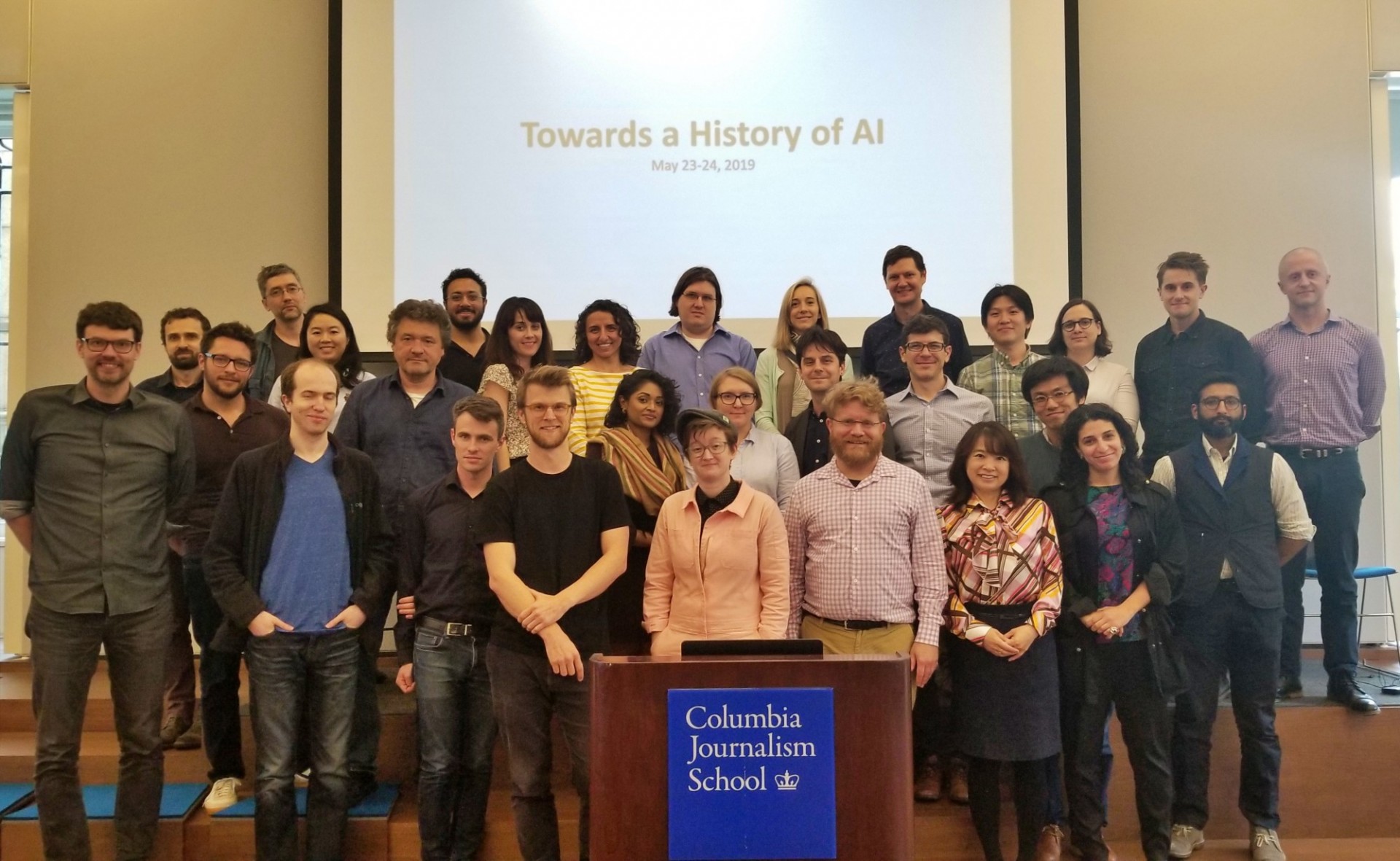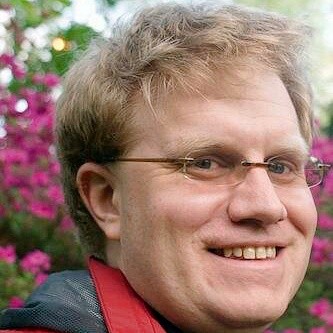Event Spotlight: Towards a History of Artificial Intelligence

On May 23-24, a workshop called "Towards a History of Artificial Intelligence," held at the Brown Institute for Media Innovation at Columbia University, convened a group of early-career historians to share their current research on the major stages of the development of artificial intelligence (AI) since the Second World War. The event was organized by Matthew L. Jones, James R. Barker Professor of Contemporary Civilization at Columbia University and Leader of our Research Cluster on Big Data and Science Studies, Stephanie Dick, Assistant Professor in the Department of History and Sociology of Science at the University of Pennsylvania, Aaron Plasek, doctoral researcher at Columbia University and Jonnie Penn, RWL Trust doctoral researcher at the University of Cambridge and Programme Lead on the History of AI project at the Leverhulme Center for the Future of Intelligence (CFI) at the University of Cambridge.
It was the second in a series of workshops on the topic, the first convened in November 2018 by CFI in Cambridge. This workshop was co-sponsored by the Center for Science and Society at Columbia University, the Dean of Social Sciences at Columbia University, the Leibniz Fund, and by CFI in Cambridge. Various follow-up events are now in the works for 2020-2021, with the possibility of publishing an edited volume on the history of AI.
This pioneering workshop for early career researchers was incredibly important given that no thorough professional history of artificial intelligence and machine learning from World War II to the present exists, despite the longstanding importance of the field to intellectual history, the history of science and technology, and its spectacular and explosive rise in quotidian systems worldwide in the last decade. Attendees questioned the extent to which ‘artificial intelligence’ is even an appropriate organizing principle for the sort of political, cultural and scientific questions that that term has been used to convey.

Over two-days and five panels, researchers considered alternate points of origins for intelligent systems, competing visions, failed efforts, and gendered ideologies. They attempted to recover and reconstruct what the stubbornness of the term ‘artificial intelligence’ reflects back about the communities that perpetuate it. In the words of Lucy Suchman, AI “works as a powerful disclosing agent for assumptions about the human.”
Over the course of the day, speakers ranged widely in geography as we hoped, to see the many divergent strands of computing and intelligence in the USSR, Korea, and Japan, for example. One outcome of the event was recognition of the need to embrace environmental histories of computing, which account for the field’s material debts rather than just exploring its conceptual achievements. Researchers considered other overlooked localities in this vein, like the oppressive data collection and governance models required to generate sophisticated AI models feed. These also revisited modes of practice, political economy, labor, and epistemology to expose the idealized behaviors and competencies that were emphasized, often by a privileged few, as the hallmarks of intelligence. The group were less interested in stories of the powerful - be they companies, researchers, labs or objects.
In the next few years, we expect to hold further workshops and conferences in California, Pennsylvania, and England, as well as New York City.
